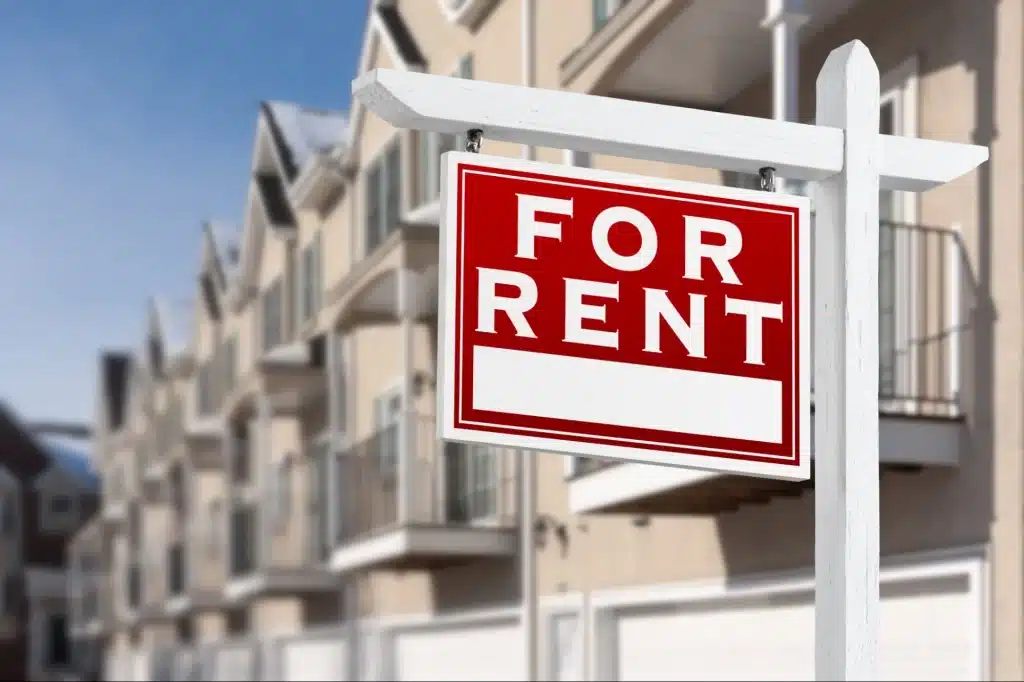- 🏠 President Biden’s proposal aims to cap rent increases at 5% per year for landlords with over 50 units.
- 🚫 Housing groups, including the National Association of REALTORS® (NAR), oppose the plan, arguing it would harm renters.
- 📉 Critics say rent control reduces the housing supply and deters new development.
- 🏗️ The Housing Solutions Coalition states rent caps fail to help the neediest renters and damage communities.
- 💬 Biden asserts the proposal sends a message to corporate landlords, discouraging excessive rent hikes.
- 📊 Over 22 million households are currently spending more than 30% of their income on rent.
- 🌍 Studies show rent control policies globally have led to reduced housing availability.
- ⚠️ Homebuilders argue the rent cap could worsen the housing crisis by discouraging new rental developments.
- 🏢 NAR advocates for incentivizing affordable housing development through tax code reforms.
- 🏘️ The call includes using federally owned lands for affordable housing and a push to build 2 million new homes.
In a significant move aimed at curbing soaring housing costs, President Joe Biden recently proposed a novel plan to cap rent increases. However, this announcement has sparked a debate among housing groups, developers, and policymakers. Let’s delve into the intricacies of this proposal, examining both its potential benefits and drawbacks.
Understanding President Biden’s Rent Cap Proposal
President Biden’s ambitious plan seeks to address the nation’s housing affordability crisis by introducing a cap on annual rent increases. This cap is set at 5% per year and specifically targets landlords who own more than 50 rental units. The objective? To combat excessive rent hikes and make housing more affordable for millions of American families.
Opposition from Housing Groups
The National Association of REALTORS® (NAR) Response
One of the most vocal opponents of Biden’s proposal is the National Association of REALTORS® (NAR). According to NAR President Kevin Sears, price controls such as rent caps have historically backfired, leading to unintended consequences that ultimately harm the very people they are intended to help.
Decreased Housing Supply
Critics argue that rent control measures discourage developers from investing in new housing projects. When there’s a cap on potential returns, developers might find it less lucrative to build new properties, particularly in markets with stringent rent control laws. This could worsen the existing shortage of affordable housing units.
The Housing Solutions Coalition’s Perspective
The Housing Solutions Coalition, which includes heavyweights like the National Apartment Association and the Mortgage Bankers Association, also voiced their concerns. Decades of academic research, both domestically and internationally, suggest that rent caps reduce the overall supply of housing. They argue that such policies fail to assist the most vulnerable renters and may instead harm communities by limiting housing availability.
The Impact on Renters
Current Housing Affordability Crisis
Data from the Joint Center for Housing Studies at Harvard University reveals a worrisome trend: over 22 million renter households currently spend more than 30% of their income on rent and utilities. This statistic underscores the urgency of addressing housing affordability.
Biden’s Message to Corporate Landlords
Biden’s proposal includes a clear message aimed at corporate landlords: imposing severe rent hikes on existing units could result in the loss of valuable tax incentives. This directive is part of a broader strategy to make housing more affordable and accessible to working families and young Americans.
Potential Solutions Beyond Rent Caps
Incentivizing Affordable Housing Development
NAR and other housing groups advocate for alternative solutions to the affordability crisis. One such solution is to reform the tax code to incentivize the development of affordable housing units. Such measures could include strengthening the Low-Income Housing Tax Credit, which helps finance the construction of affordable rental housing.
Utilizing Federally Owned Land
President Biden has also proposed repurposing federally owned land to build more affordable homes. This initiative, coupled with his call to construct 2 million new homes, underscores a multi-faceted approach to addressing the housing shortage.
Conclusion: Navigating the Path Forward
The debate over President Biden’s rent cap proposal highlights the complexity of addressing America’s housing crisis. While the intent to protect renters from exploitative rent hikes is commendable, the potential repercussions on housing supply and new developments cannot be overlooked. By fostering a dialogue among policymakers, developers, and housing advocates, it may be possible to find a balanced solution that mitigates short-term affordability issues without compromising long-term housing availability.






